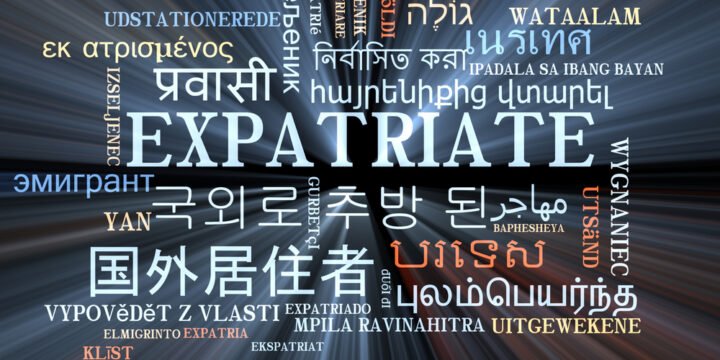
The U.S. Tax Effects of Entities Used by Foreign Investors
By Anthony Diosdi Introduction Foreign investors typically have the same objectives of minimizing their income tax liabilities from their real estate and businesses located in the U.S. as do their domestic counterparts. However, foreign investors are subject to an even more complicated set of tax laws than their domestic counterparts. Foreign investors must understand the difference between effectively connected income compared to not effectively connected income. Foreign investors must also understand the difference between income earned in a trade or business compared to passive income. These distinctions in income make a big difference for U.S. tax purposes. For example, if a foreign investor derives certain types of passive income from the U.S., the income is typically taxed at a flat 30 percent rate (without allowance for deductions), unless an applicable…








